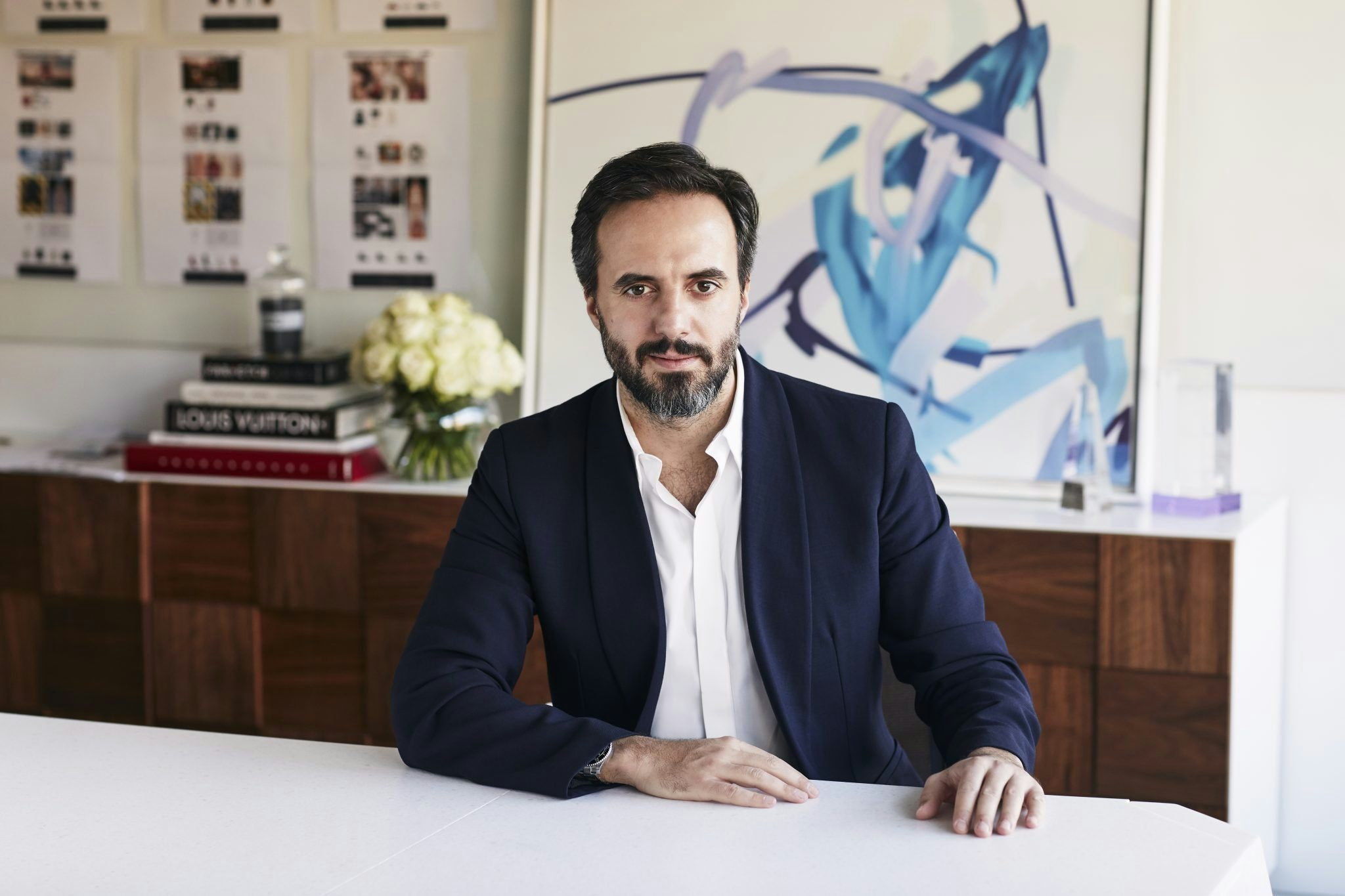On May 9, Swiss luxury group Richemont officially took full control of luxury e-tailer Yoox Net-a-Porter (YNAP), building substantially on the 25 percent of shares it bought back in January. The move marked the stamp of approval from the luxury conglomerate and speaks volumes on the role of e-commerce for brands and retailers alike. By far the biggest prize in the world of online sales comes from Chinese consumers, who in 2017 contributed one trillion domestically - more than the United States and Britain combined.
According to YNAP, China is also one of its best-performing markets. Fashion Network claimed that the overall Asia market has been a growth engine for YNAP. Even though the speed of growth has slowed this year, it remains on a steady path, with revenue from Asia growing 17.7 percent to 356 million euros thanks to increased demand from Hong Kong.
In an interview with the Financial Times, YNAP’s Chief executive Federico Marchetti said, “Our plan was to grow organically within China, and that is the strategy, but we are open to partnerships, and this could be a huge upside.”
YNAP’s existing independent venture into China has been a bumpy road. Back in 2015, the China operation of the discount e-commerce site outnet.cn, under Net-a-Porter, closed down. It was reorganized as part of outnet.com in the Chinese language, but consumers complained that the global site lacked basic cross-border services, such as clearing customs tariffs and providing local payment options. Around the same time, the group hired key talents to expand its business into China. One of whom was Claire Chung, who now takes the lead in YNAP’s China effort. Before her career at YNAP, she was the VP of local full-price luxury site Shangpin.com, that partners with British retailers Topshop and Topman.
YNAP's search for a local partner comes after its’ competitor, Farfetch, inked a partnership deal with local e-commerce giant JD.com in 2017. Even before the deal, nearly a third of Farfetch’s sales came from China. At that time, there was a speculative report that Alibaba was in talks with YNAP, but Alibaba denied the rumor. However, as Richemont takes control of YNAP, could this open the door to a possible Alibaba partnership? What’s certain is, as YNAP continues to play catch up with Farfetch, competition among the local e-commerce market is likely to intensify.
In an interview with Jing Daily, founder and CEO of Farfetch, José Neves, commented that the company's edge against international e-tailers is its high-tech capability. In reference to the online inventory system that connects a local fulfillment network, he said, “We have a very different business model. We are partners to the brands, partners to the boutiques of China. We don’t buy inventory like other players.” Currently, YNAP operates on a traditional wholesale model, through purchasing merchandise from brands and selling to customers on its platform. This places the company under high pressure to clear inventory, and gaining access to help from a strong local partner could alleviate some of those struggles.
As more hands reach towards Chinese customers’ wallets, luxury brands are seeing more and more online selling options emerge. But if, as speculated, YNAP joins hands with Alibaba - alongside Farfetch's partnership with JD - luxury brands are reminded to form alliances wisely.


